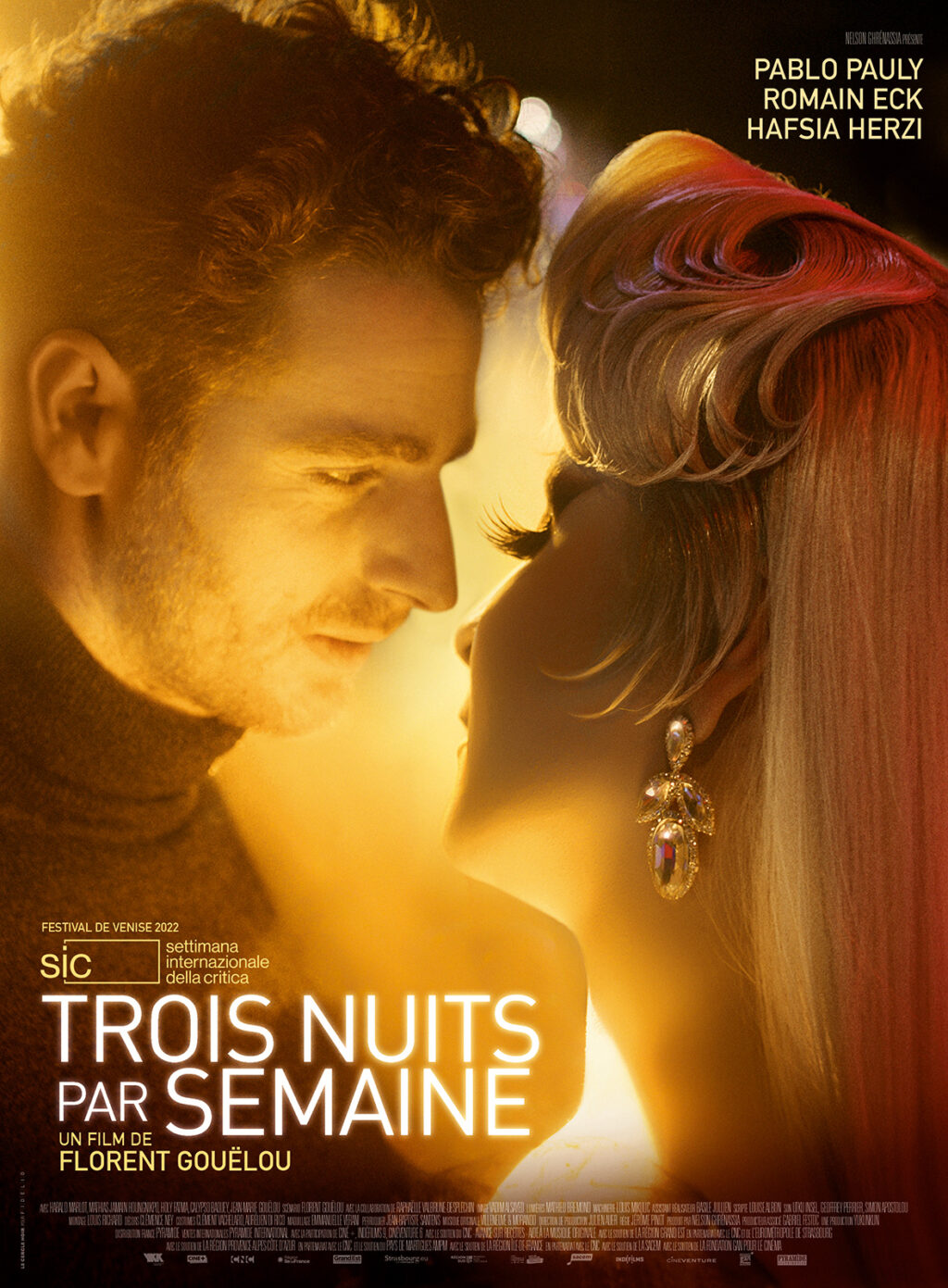Jannette Emmerick
Aug. 28, UWG Annual Film Festival kicked off strong with French film “Transit,” a motion picture adaptation of a 1944 novel under the same name, but shot in modern France.
The film follows a man who escaped a Nazi Concentration camp and has made it to Marseilles, France. There he is essentially stuck in transit, trying to flee the country alongside others similarly vying for escape from encroaching totalitarianism and eugenics. Though the film deciding to keep the story but set it in the modern day provides a layer of complexity and curiosity on the viewer’s part.
In about equal parts French and German, “Transit” stirs anticipation for the upcoming foreign films, but also stages the mood of this year’s lineup.
“The theme for this festival is ‘the Quest for Freedom.’” said Dr. Karen Dollinger, UWG Spanish Lecturer. “Because that’s one way all these films tie together. As the characters try to find paths to self-determination in their own lives.”
The next film in the series is a romantic dramedy about a drag queen in contemporary Paris, aptly called “Three Nights a Week,” the showing will be on Sept. 26 at 6:30 p.m. in Callaway 145.
The next film will be at 7 p.m. in TLC 1301 and for a number of reasons.
“For Hispanic Heritage Month and for Indigenous People’s Day, on Oct. 9, we’re showing a film from Guatemala called ‘Ixcanul,’” said Dollinger.
Pronounced “iis-ka-nuul,” meaning “volcano” in Kaqchikel language, the film follows a Mayan girl who works with her family on a coffee plantation and is facing an arranged marriage in contemporary Guatemala.
“It will be a good opportunity for anyone who comes to both hear a Mayan language and see what life on a Coffee plantation in Guatemala is like,” said Dollinger.
Following Ixcanul and into the swing of spooky fall, International horror shorts will be celebrated on Tues. Oct. 24 in TLC 1303 at 7 p.m.
“That will be a series of short horror films from France, from Germany, from Mexico, from Spain, from Venezuela,” said Dollinger. “Just to celebrate the season while being exposed to other cultures.”
The lineup of shorts will include a Venezuelan “zombie comedy” which is also available for free through kanopy, a site that the University subscribes to for the benefit of students and faculty. Several motion pictures from this festival and previous festivals can be accessed on their website: https://www.kanopy.com/en/westga.
The festival will conclude on Nov. 7 at 6 p.m. in TLC 1301 with a dramatic Romanian film called “Touch Me Not.”
“It’s about someone who is disabled and how they struggle to find love within the confines of their disability,” said Dollinger.
At each viewing, there will be professors and presentations on particular disciplines related to the work, not limited to language professors either. The presentations help contextualize the film and discussions afterwards also bring out other viewers’ opinions or interpretations.
“I’d highly recommend showing up to the public showings because I think it creates a richer experience.” said Dollinger. “But, if there are time conflicts, it’s also good to know you can watch them from the comfort of your own home or dorm room on Kanopy.”
For more information about the festival or particular films, students can visit the website: https://www.westga.edu/academics/art-culture-science/english-film-lang-arts/international-languages-and-cultures/film-series.php.
You may also like
-
UWG’s Ingram Library Hosts Pop-Up Study Spot to Help Students Prepare for Finals Week
-
UWG Offers Mental Health Support And Academic Services To Maintain Student Success During Finals Week
-
UWG Alumnus Shares His Experience Exploring the Underground Flood Channels of Las Vegas
-
Georgia Students Simulate the Struggles of Dementia
-
UWG PR Students Score a Georgia Power Tour at Atlanta Corporate Office
